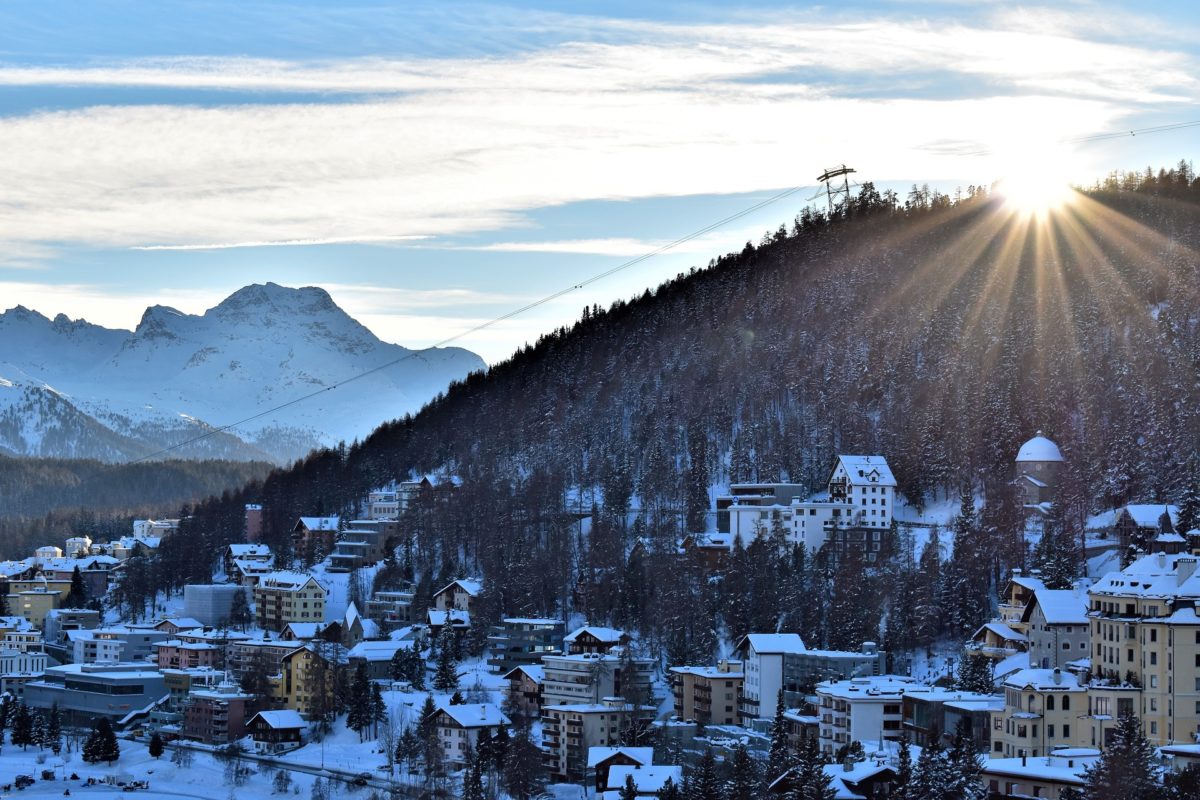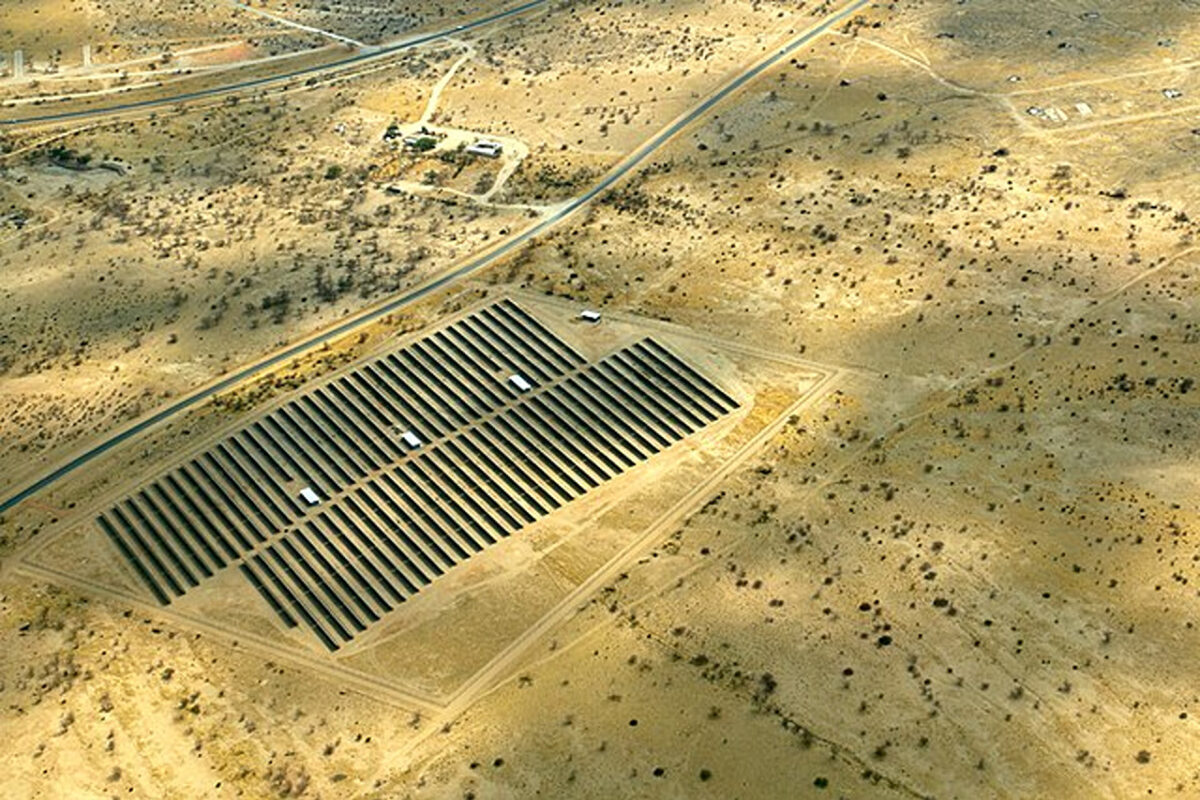Switzerland made sweeping changes to its subsidy scheme for PV in 2018, when the federal government replaced a FIT mechanism with a net metering program supported by one-off rebates.
The tariffs for surplus power are set individually by regional network operators for their service area, and there are large regional fluctuations.
Swiss association of independent power producers VESE has now revealed that the operators have increased the net metering tariff by 4% from 2019 to 2020. The trade body explained that the weighted average tariff for a 10 kW PV system in 2020 was CHF 0.091 ($0.093)/kWh.
Overall, eleven grid operators have already raised their tariffs at the beginning of this year, including the two largest operators and the three which previously offered the lowest tariff, according to VESE’s survey. Four operators, meanwhile, decided to lower the tariff. Variance in tariffs remains high between regions. Depending on the area, they are between CHF 0.062 and CHF 0.13per kWh. “Accordingly, photovoltaic systems can be operated economically in certain regions with medium and low self-consumption, but not in others,” the association stated.
The association added that the tariff increase reflects the growing awareness in the country that stronger growth of PV is necessary to ensure a safe and reliable energy supply. In addition, a new law on grid expansion that allows grid operators to pass the costs of producing renewable energies on to their customers was recently adopted. This should be done reflecting the real costs of the power supply, the VESE claims.”
“As the income from the sale of energy to the grid is associated with an excessive price risk, plants are now designed solely for their own consumption,” said Diego Fischer, member of the VESE board. “However, this optimization is economically nonsensical because it will ultimately make PV more expensive. The pure orientation towards self-consumption is only an auxiliary construct, which Parliament found in 2016.” In his opinion, Switzerland also needs plants that produce large amounts of solar electricity and feed it completely into the grid.
The new parliament is now called upon to set the right course as soon as possible, so that investors have investment security. Remuneration in the medium term between CHF 0.10 and CHF 0.12 per kWh is suggested. “And all over Switzerland, not just where network operators happen to be at work gradually,” explained Fischer.
This content is protected by copyright and may not be reused. If you want to cooperate with us and would like to reuse some of our content, please contact: editors@pv-magazine.com.




By submitting this form you agree to pv magazine using your data for the purposes of publishing your comment.
Your personal data will only be disclosed or otherwise transmitted to third parties for the purposes of spam filtering or if this is necessary for technical maintenance of the website. Any other transfer to third parties will not take place unless this is justified on the basis of applicable data protection regulations or if pv magazine is legally obliged to do so.
You may revoke this consent at any time with effect for the future, in which case your personal data will be deleted immediately. Otherwise, your data will be deleted if pv magazine has processed your request or the purpose of data storage is fulfilled.
Further information on data privacy can be found in our Data Protection Policy.